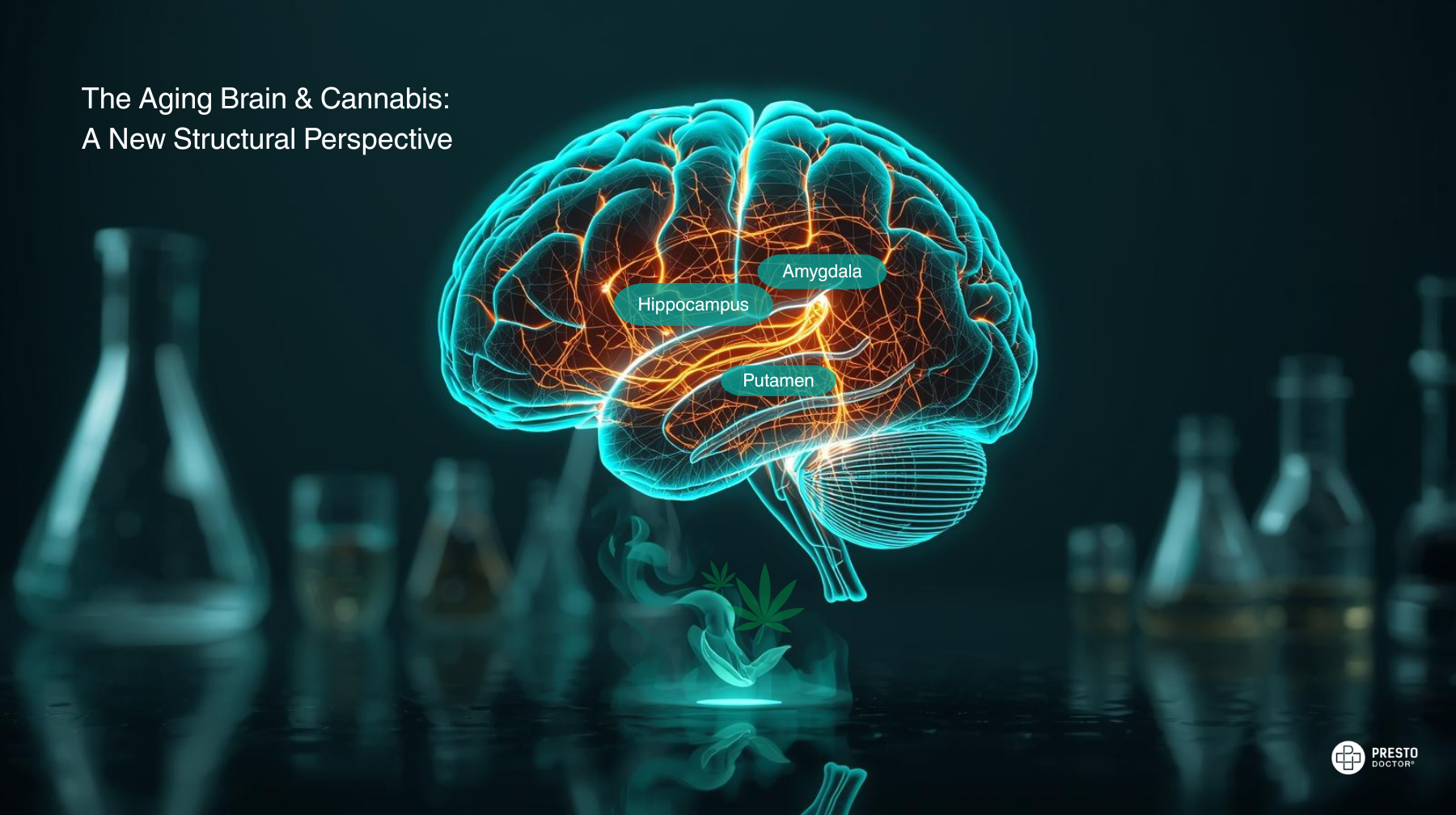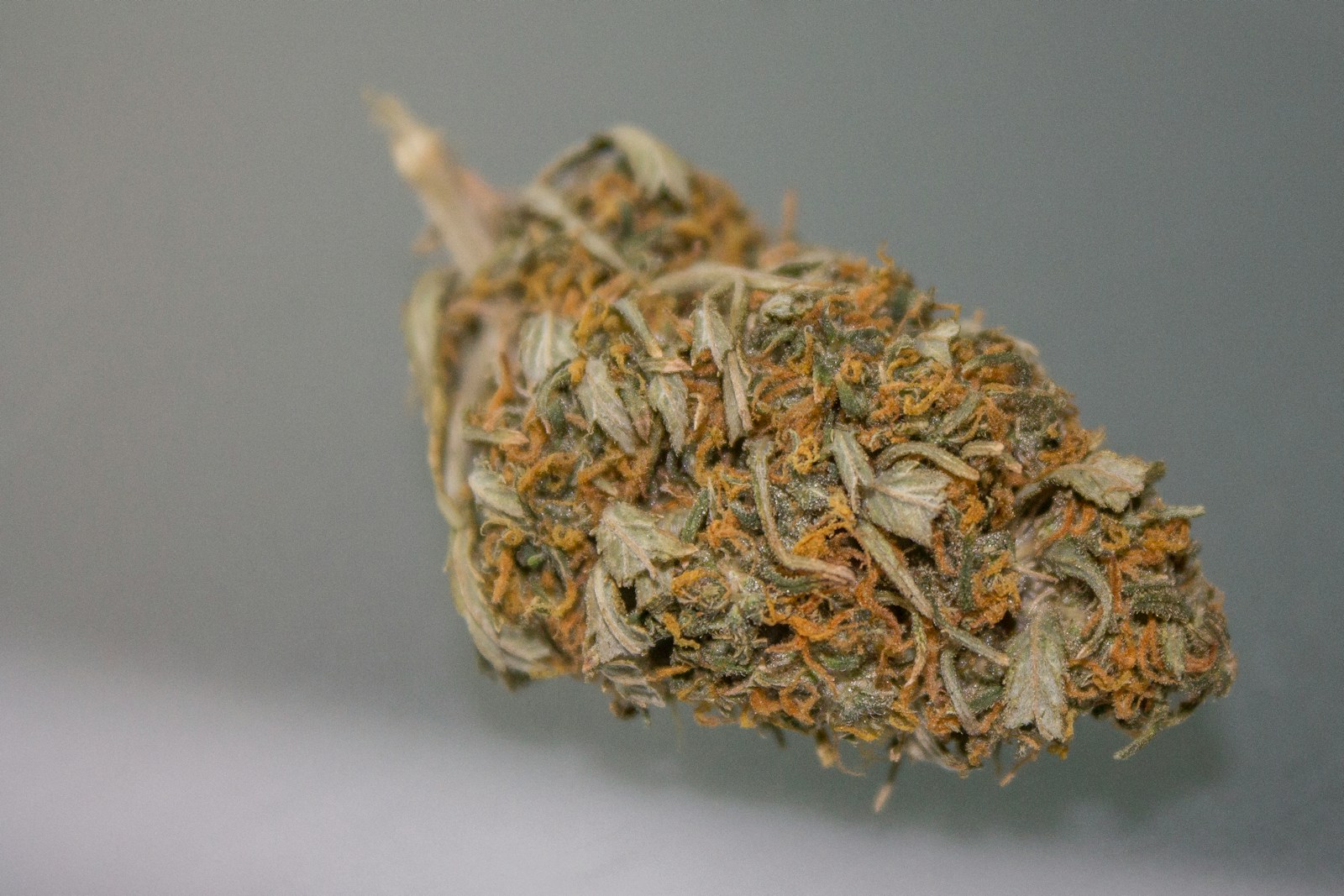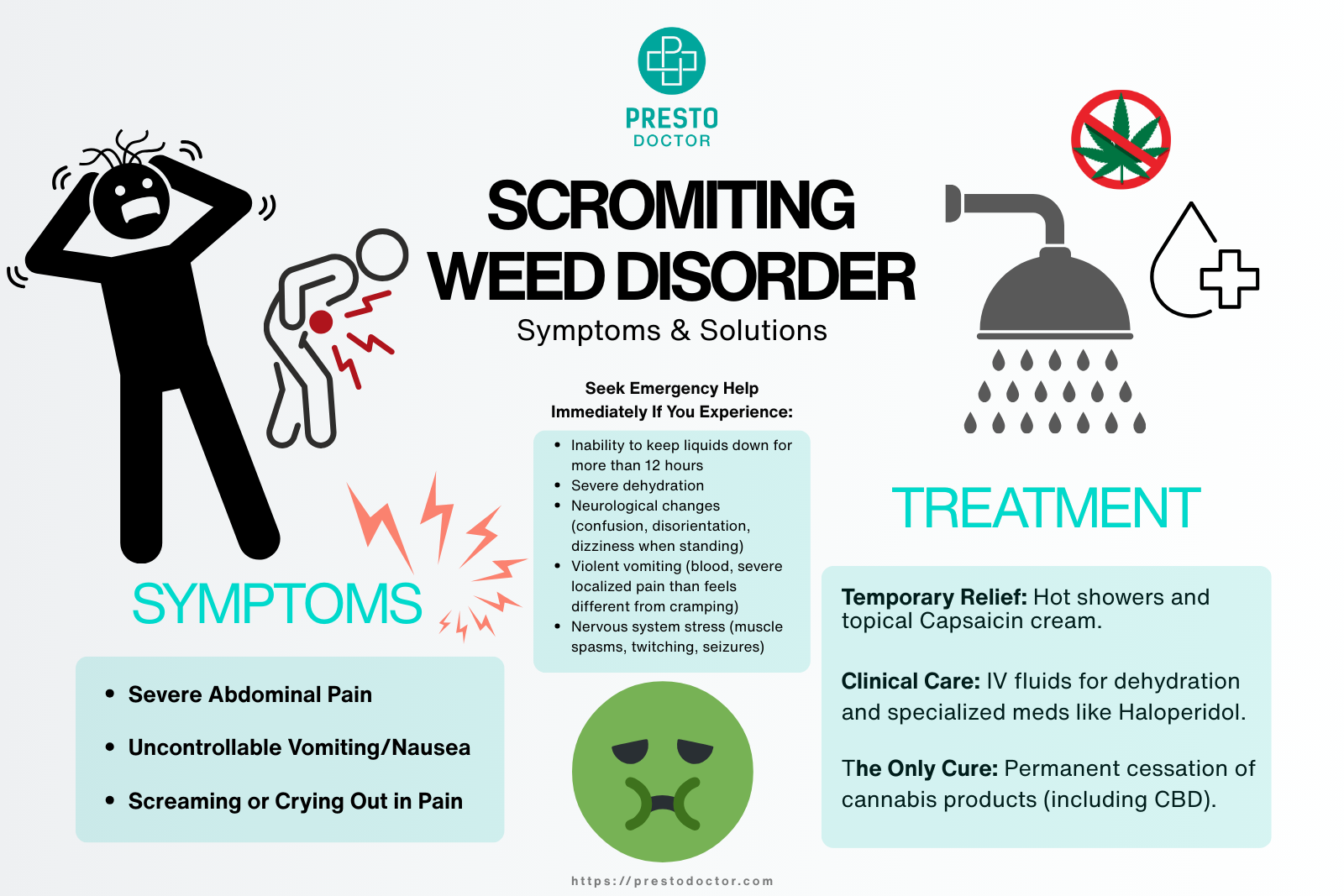
Regular cannabis use can profoundly enhance various aspects of well-being, offering a range of potential benefits for individuals.
Enhancing Brain Function with Regular Cannabis Use
Regular cannabis use has emerged as a fascinating avenue for enhancing brain function, potentially boosting cognitive abilities and memory. Research suggests that certain compounds found in cannabis, such as cannabinoids like THC and CBD, may interact with the brain’s endocannabinoid system to modulate neural activity, promote neurogenesis, and protect against neurodegeneration. These interactions have been linked to improvements in cognitive functions such as attention, decision-making, and problem-solving. Moreover, cannabinoids have demonstrated neuroprotective properties, guarding against oxidative stress and inflammation, which are common contributors to cognitive decline. Anecdotal evidence from users also suggests that regular cannabis consumption can lead to subjective experiences of heightened creativity, enhanced focus, and improved memory consolidation.
Physical Well-Being and Regular Cannabis Use
Regular cannabis use has been increasingly notable for its potential to enhance physical well-being through various mechanisms. One notable aspect is its ability to induce relaxation and reduce stress levels. Cannabis offers individuals a natural way to unwind and alleviate tension. Moreover, medical marijuana has shown promise in providing relief from symptoms associated with various medical conditions, including chronic pain and inflammation. The analgesic and anti-inflammatory properties of cannabinoids can help mitigate discomfort. This can help improve the overall quality of life for individuals dealing with conditions such as arthritis, multiple sclerosis, and fibromyalgia. Furthermore, emerging research suggests that cannabis may play a role in regulating immune responses and promoting homeostasis within the body. This could have far-reaching implications for managing autoimmune disorders and other chronic illnesses. The therapeutic potential of regular cannabis consumption in promoting physical well-being underscores its value as a complementary approach to conventional healthcare practices.
Psychological Wellness Through Regular Cannabis Use
Regular cannabis use has emerged as a potential catalyst for enhancing psychological wellness, offering individuals a pathway to emotional balance and inner peace. Cannabis has the capacity to reduce anxiety levels and alleviate symptoms of stress, providing much-needed relief in today’s fast-paced world. Moreover, its mood-enhancing properties can uplift spirits and promote overall emotional well-being. Many users report experiencing heightened creativity and introspection while under the influence of marijuana. These effects can lead to profound moments of self-discovery and personal growth. This enhanced introspective state can foster a deeper understanding of oneself and the world. In turn, this can ultimately contribute to greater self-awareness and emotional resilience. Regular cannabis use offers a holistic approach to nurturing mental health and cultivating a sense of inner harmony.
Promoting Mental Health
Regular cannabis use has garnered attention for its potential therapeutic benefits in promoting mental health and well-being. Among its notable effects are mood stabilization and anxiety relief, offering individuals a natural alternative for managing symptoms of stress and depression. Cannabis compounds interact with the body’s endocannabinoid system, which plays a crucial role in regulating mood, emotions, and stress responses. By modulating neurotransmitter activity and promoting neural balance, marijuana can help individuals achieve a greater sense of emotional equilibrium and resilience. For many, cannabis is a tool for coping with the challenges of daily life which provides a sense of calmness. While further research is needed to fully understand the intricacies of cannabis’s effects on mental health, its potential as a therapeutic agent holds promise for improving the lives of those grappling with mood disorders and emotional distress.
Encouraging Positive Behavioral Changes
Regular cannabis use has the potential to instigate positive behavioral shifts, such as the cultivation of healthier habits and lifestyles. One notable effect is the enhancement of socialization skills. This is because cannabis can lower inhibitions and foster a sense of openness and camaraderie among users. Additionally, cannabis has been observed to improve appetite regulation. This is particularly helpful for those experiencing appetite loss due to medical conditions or treatments like chemotherapy. This restoration of appetite can contribute to better nutritional intake and overall physical health.
Furthermore, marijuana is renowned for its ability to induce relaxation and alleviate stress, making it a valuable tool for promoting mental and emotional well-being. Moreover, for some, cannabis serves as a catalyst for engaging in mindfulness practices, such as meditation and yoga. By doing mindful practices, individuals can facilitate a deeper connection with the present and foster a greater sense of contentment. By encouraging positive behavioral changes and promoting holistic well-being, regular cannabis use can enhance overall quality of life.
Long-Term Positive Effects of Regular Cannabis Use
Long-term cannabis use has been associated with a myriad of sustained benefits that contribute to overall health and well-being. One notable advantage is the potential for improved sleep quality. Cannabis has demonstrated the ability to promote relaxation and alleviate insomnia symptoms, allowing individuals to experience restorative rest. Additionally, cannabis can enhance appetite regulation over the long term, which is particularly beneficial for those struggling with appetite-related issues such as eating disorders or medical conditions like HIV/AIDS. By restoring a healthy appetite, cannabis can support nutritional intake and bolster physical health. Moreover, regular cannabis consumption has been linked to a general sense of well-being. Users reporting feelings of contentment, relaxation, and happiness. These positive emotions contribute to a greater overall quality of life, fostering a sense of fulfillment and satisfaction.
Furthermore, regular cannabis use may facilitate cognitive enhancement, offering users a potential boost in various cognitive functions. Some individuals report experiencing improvements in focus, concentration, and problem-solving abilities, which can have significant implications for daily functioning, including work performance and academic achievement. While further research is necessary to fully understand the long-term cognitive effects of cannabis use, anecdotal evidence suggests that it holds promise as a tool for optimizing cognitive function and maximizing human potential.
Conclusion
Regular cannabis use has the potential to offer numerous benefits for individuals seeking to enhance their overall health and wellness. By embracing the positive potential of cannabis and incorporating it into a balanced lifestyle, individuals can experience improved cognitive function, enhanced physical well-being, and greater psychological wellness. It is essential to approach cannabis use responsibly, considering individual differences and seeking professional guidance when needed. With further research and education, cannabis has the potential to play a valuable role in promoting holistic health and well-being for individuals worldwide.






